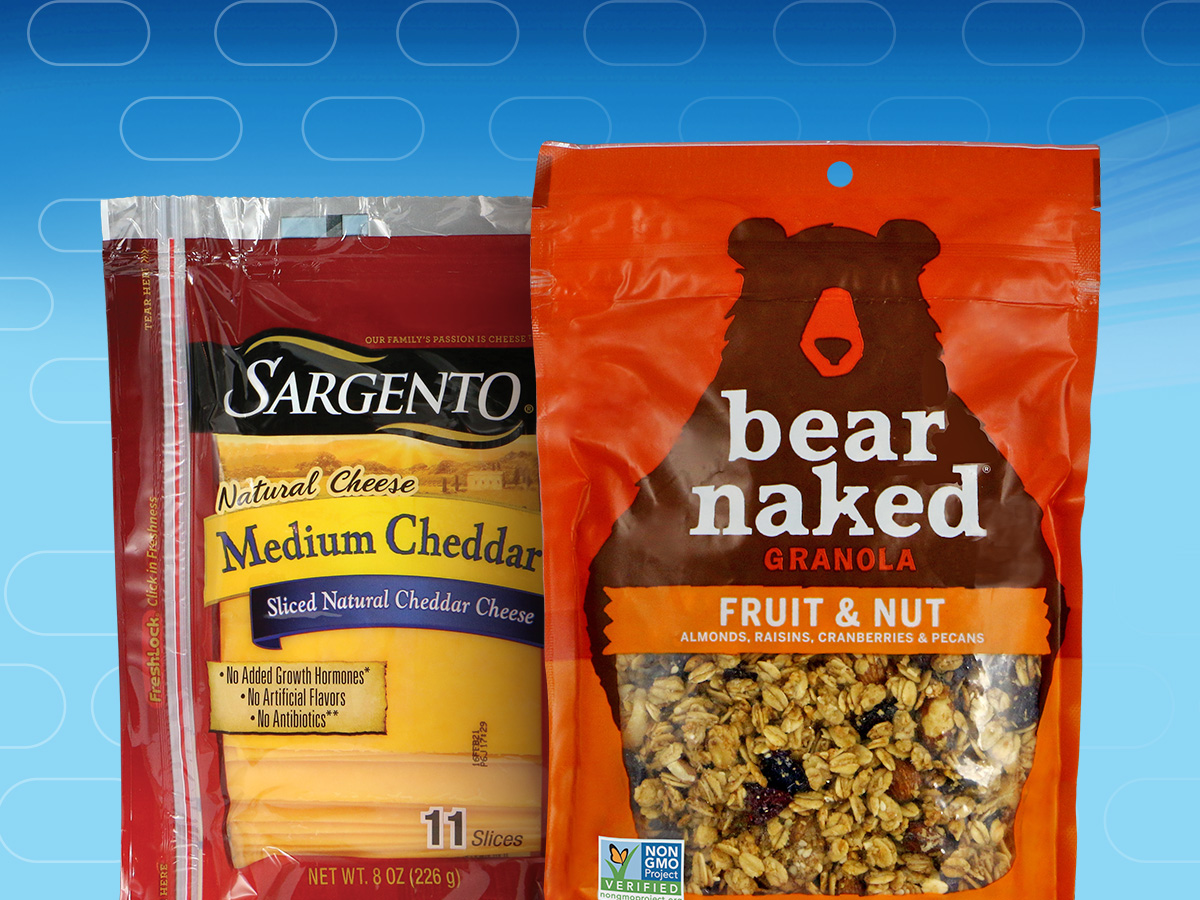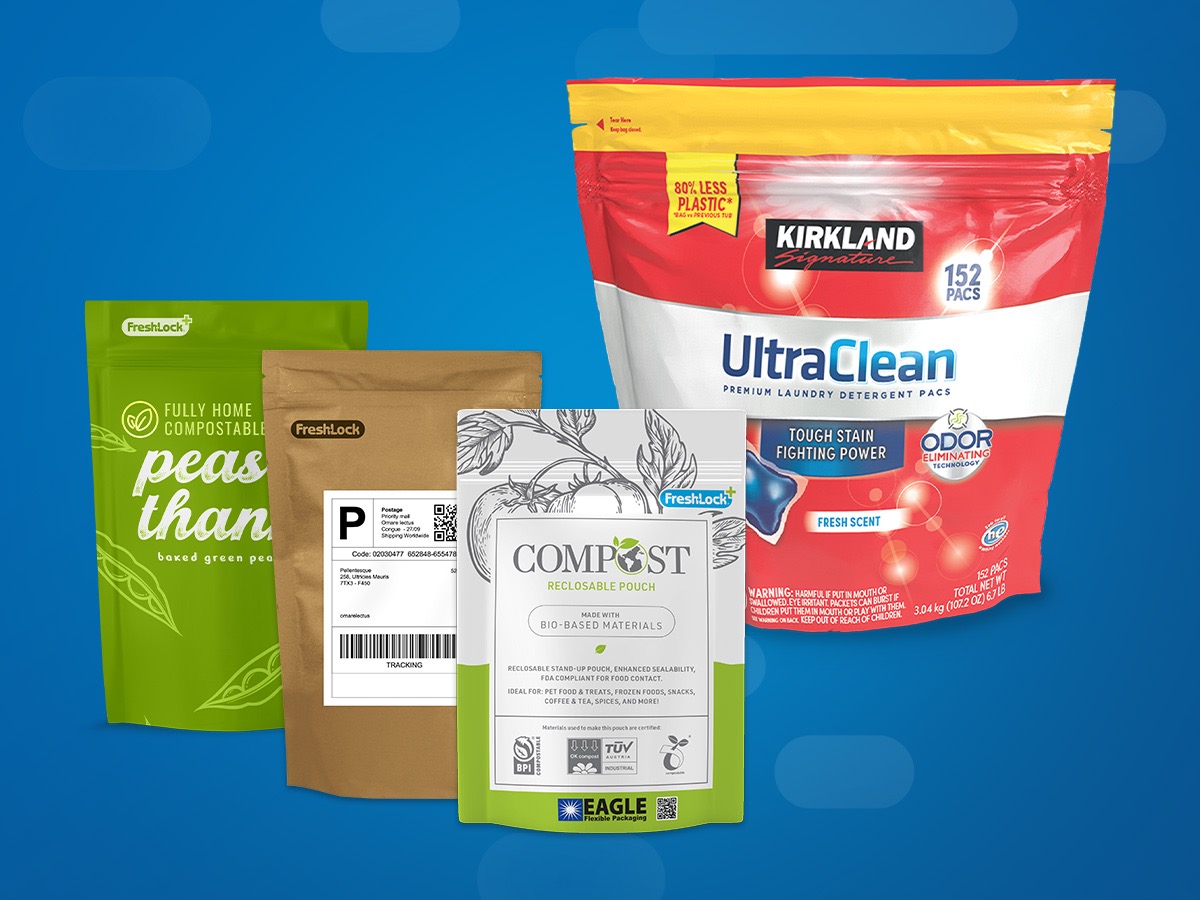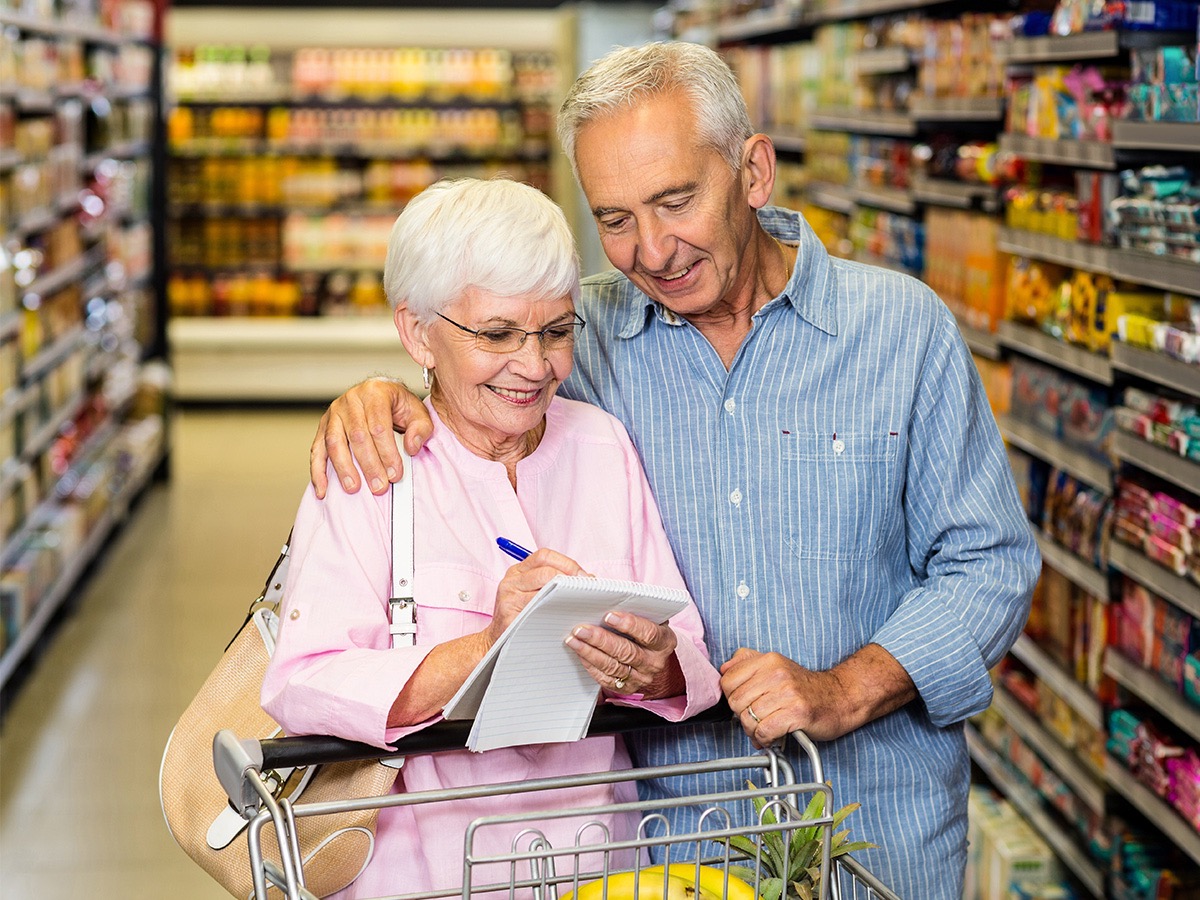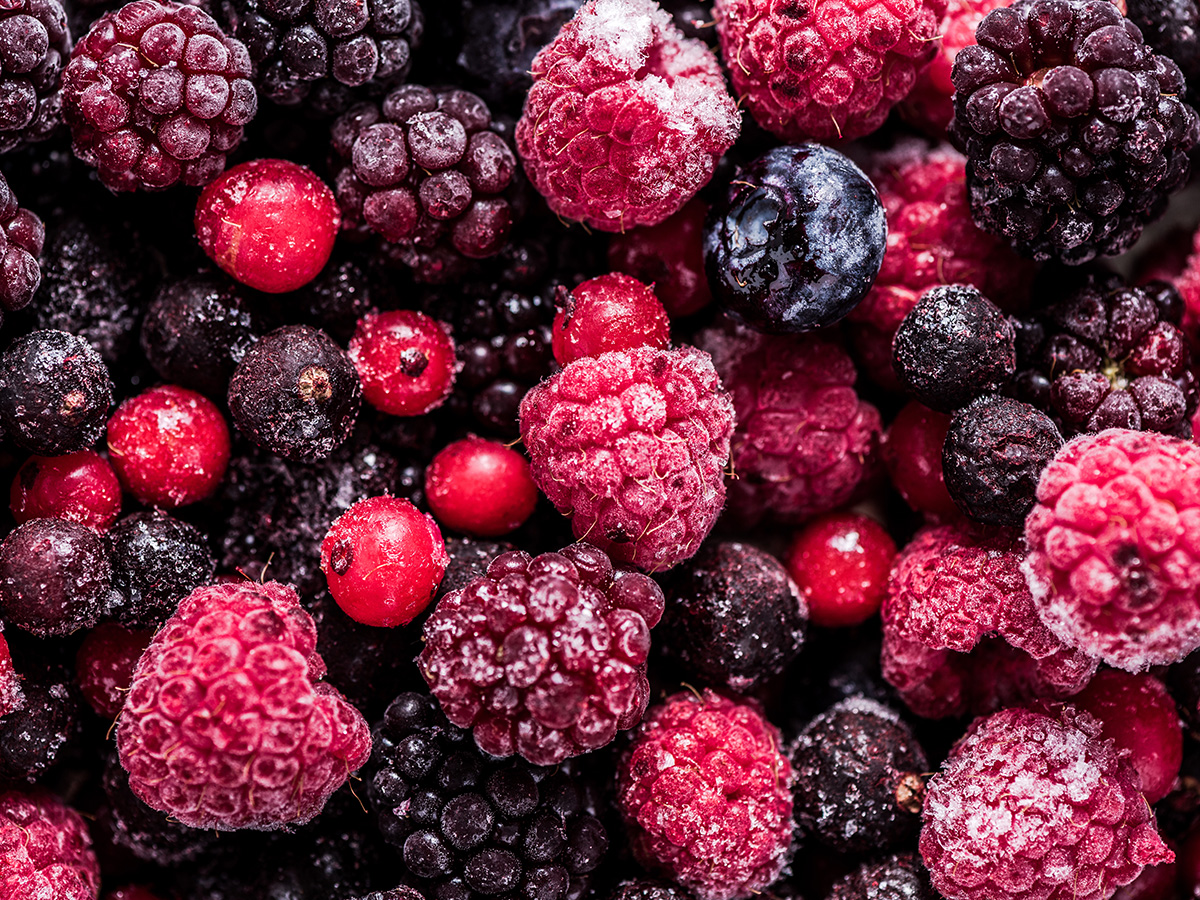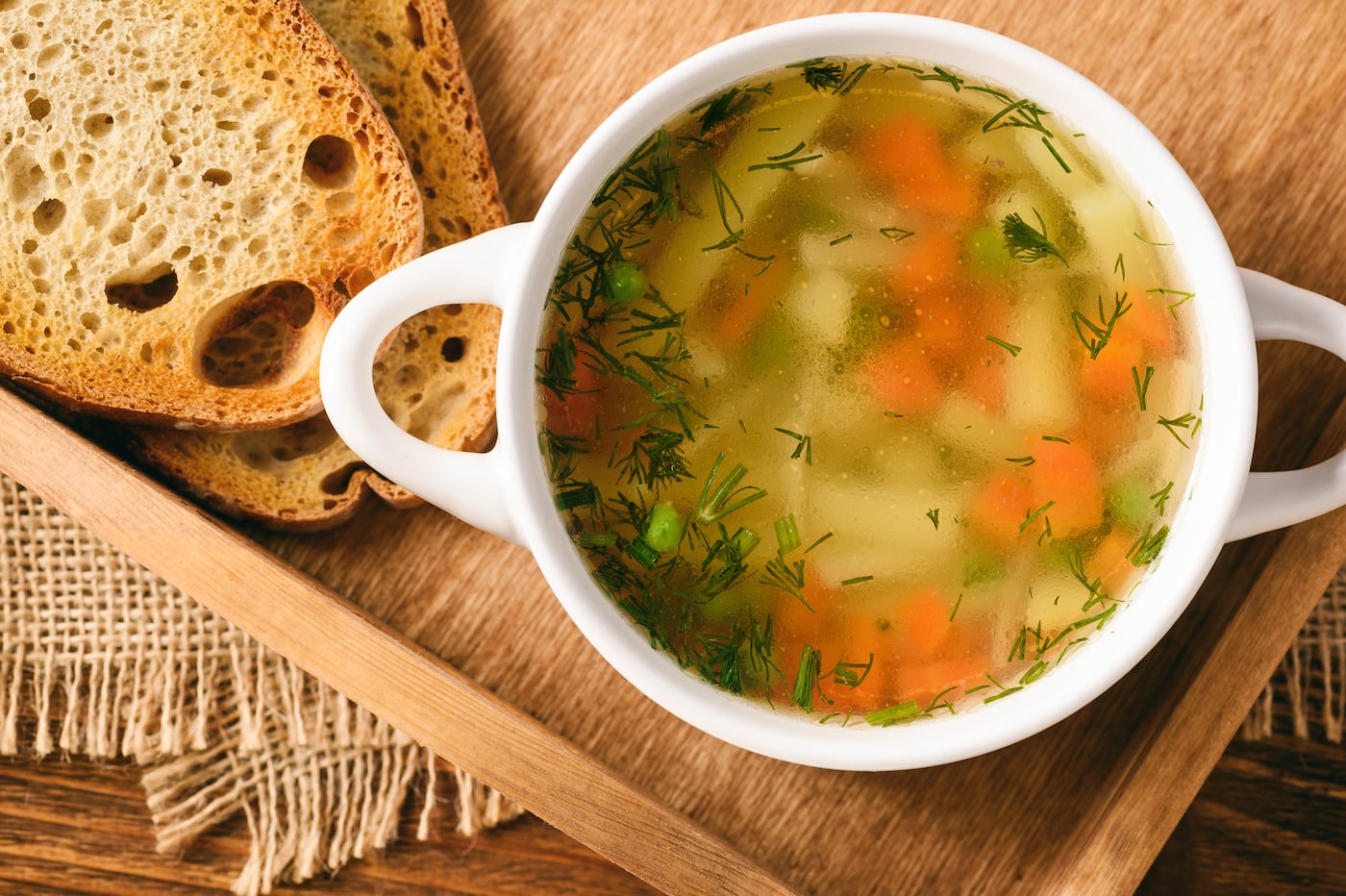
The Role of Packaging in Branding
The Relationship Between Packaging and Branding
Whether a consumer is walking down an aisle or scrolling an e-commerce webpage, brands want to win the battle for attention. But how can brands showcase “who am I, what am I, and why am I right for you” within a few seconds?
According to The Arka, one-third of customers’ decision-making is based solely on the product packaging. The design on a package is just as important as the packaging features, materials, and protection in encouraging consumers to choose the product they believe is best for them.
Why is Packaging Important for Brands?
Consumer Experience
When consumers have a positive experience with the packaging, it can help drive brand loyalty. According to Nielsen, 64% of consumers try a new product because the packaging grabs their attention, and 41% will continue to purchase a product because they prefer its design. In fact, 70% of consumers get a feel for a brand based on the packaging alone. If a package is well-designed, informative, and provides premium features such as reclosability and sustainable materials, it can be more appealing to consumers.
Today's consumers are increasingly more aware of companies' sustainability efforts. Whether the product was made sustainably, or the packaging incorporates sustainable materials, many consumers prefer brands that share the same values as they do. Based on The Global Sustainability Study 2021, 85% of people have shifted their purchase behavior towards being more sustainable in the past five years.
Health Facts and Information
Outside of the standard Nutrition Facts label, brands can be creative and display important product information in a dynamic way—ultimately intriguing the consumer to purchase. This information varies for each product and can reflect consumer values such as sustainability benefits, preparation instructions, additional products or flavors, product origin, and reclosability features.
Another approach for a simpler design is to use a QR code and let consumers know where they can easily learn more about the product or packaging. Providing clear, straight-to-the-point, easy-to-read information will help consumers with their purchasing decisions.
Brand Recognition
Consumers expect consistency and brand recognition and that holds true to product packaging. 73% of consumers agreed that the design of a package provides insight into the product and its potential re-purchasability. Reclosability also encourages consumers to keep the packaging after opening because it helps keep the product fresh use after use, as well as provide a premium experience that competitors may not offer. Per Packaging of the World, 30% of businesses report an increase in revenue after improving product packaging.
Brand Packaging Strategy
From intuitive designs to captivating imagery, packaging allows brands to promote their product effectively and creatively. Brands should consider these components when designing a package that will help communicate their product’s selling points.
Product Information
Brands must describe the product, communicate its benefits, and include necessary regulatory information such as nutrition facts, weight or volume, product instructions, safety guidelines, place and date of manufacture, product’s stated purpose, and barcode. However, brands can take it a step further and strategically display this information to help elevate the consumer experience and align with their values.
Consumer Experience
Frustration-free packaging should be a goal of any brand. But what if the consumer needs to open and close the package multiple times? With reclosable flexible packaging, brands can offer consumers this easy, convenient experience, which is a direct reflection of the brand itself.
Consumer Values
Depending on what consumers value, the packaging information can be tailored to help support those needs. 82% of shoppers want a brand’s values to align with their own and three-quarters of shoppers surveyed said they had parted ways with a brand over a conflict in values, per a Harris Poll. Consumers want to give their trust—and money—to a company who earned it.
An important consumer value is sustainability—a McKinsey study found that across all end-use segments, 60 to 70 percent of consumers would pay more for sustainable packaging. Companies can utilize different types of flexible sustainable packaging to best fit their product and consumer needs. Sustainable packaging can take on many formats, making it easier for brands to improve their environmental impact. Brands should be genuine and communicate their sustainability journey to their consumers.
Brand Story
Every brand has a story to tell, and consumers want to know yours. Include a brief history or anecdote about your brand, company or the creation of the product. This adds a personal touch to your brand that consumers can connect with in a more meaningful way.
Product Variety
A brand may offer a family of products—a variety of SKUs in different colors, flavors, sizes. Packaging can also be used to share other products in the portfolio that the consumer may potentially be interested in or willing to try in the future. Product line extensions are also a great opportunity to test new packaging features like adding reclosability.
Recipes
If applicable, providing recipe ideas on food packaging can help a consumer discover alternative ways to use the product. For instance, a rice pouch could include a recipe featuring the product—allowing the consumer to rethink how they use it in the future.
Effective Brand Packages
Examples of Branded Flexible Packaging
Sargento
With the iconic Sargento® logo and red pouch, this cheese brand stands out on shelves. The bold typography and custom design let consumers know where they can find information on various Sargento products. The window on every package helps drive appetite appeal while supporting the premium cheese with a reclosable feature on the package, which helps provide product protection after opening.
Bear Naked
Bear Naked® showcases their recognizable, lovable large bear logo on all their granola-based products. To support their sustainability efforts, Bear Naked features the How2Recycle® Store Drop-Off label, encouraging consumers to bring empty pouches to retail stores that offer the program. For on-the-go snacking and convenience, Bear Naked’s granola and granola bites packaging also features a closure that helps preserve product freshness.
Learn more about our journey with Bear Naked and other collaborators to create a fully recyclable standup pouch.
Berres Brothers
Berres Brothers' bold, colorful, and whimsical packaging designs for their flavored coffees stand out from the competition and almost jump off the shelves. Unlike many other coffee brands, their packaging is reclosable to help lock in freshness and flavor. These reclosable coffee packages can also help consumers avoid common frustrations with traditional coffee packaging such as spillage, tearing the package, and needing to transfer the product into a secondary container.
Interested in other coffee packaging designs? Find out the top four coffee packaging design trends that can level up your product.
It’s Time to Align Your Branding and Packaging
Brands are looking for ways to influence consumers while giving them a positive experience with their products. Packaging design is a critical touchpoint that can go a long way in helping achieve these goals.
Looking to collaborate? Contact the Fresh-Lock team today.

 Back to Blog
Back to Blog